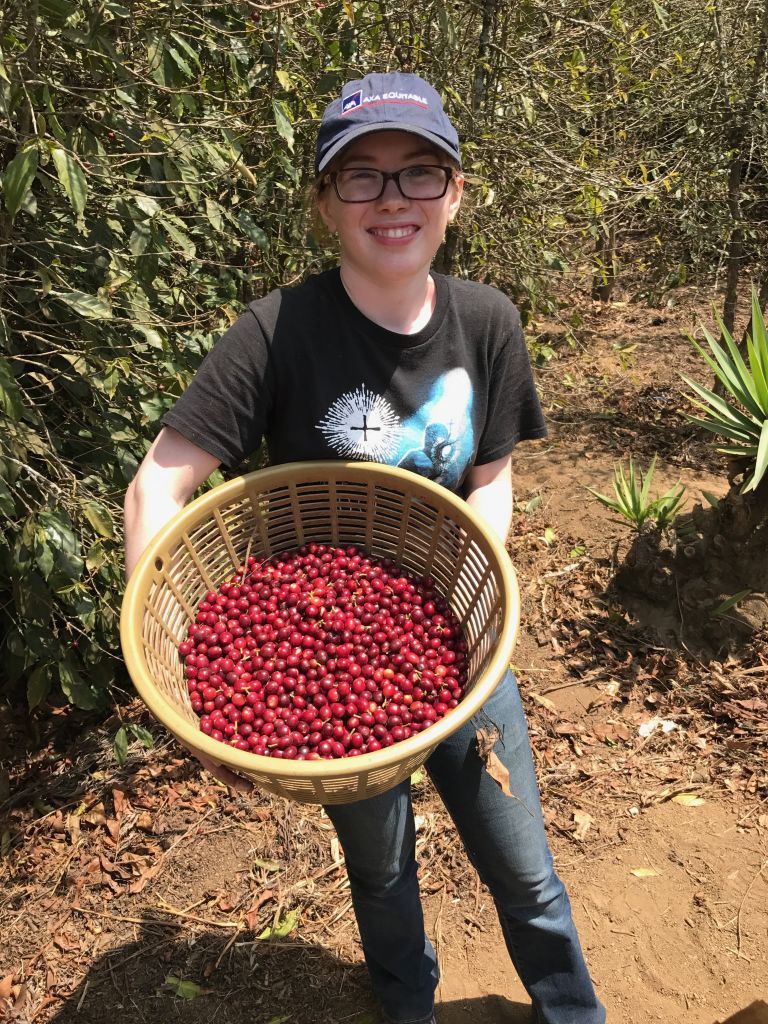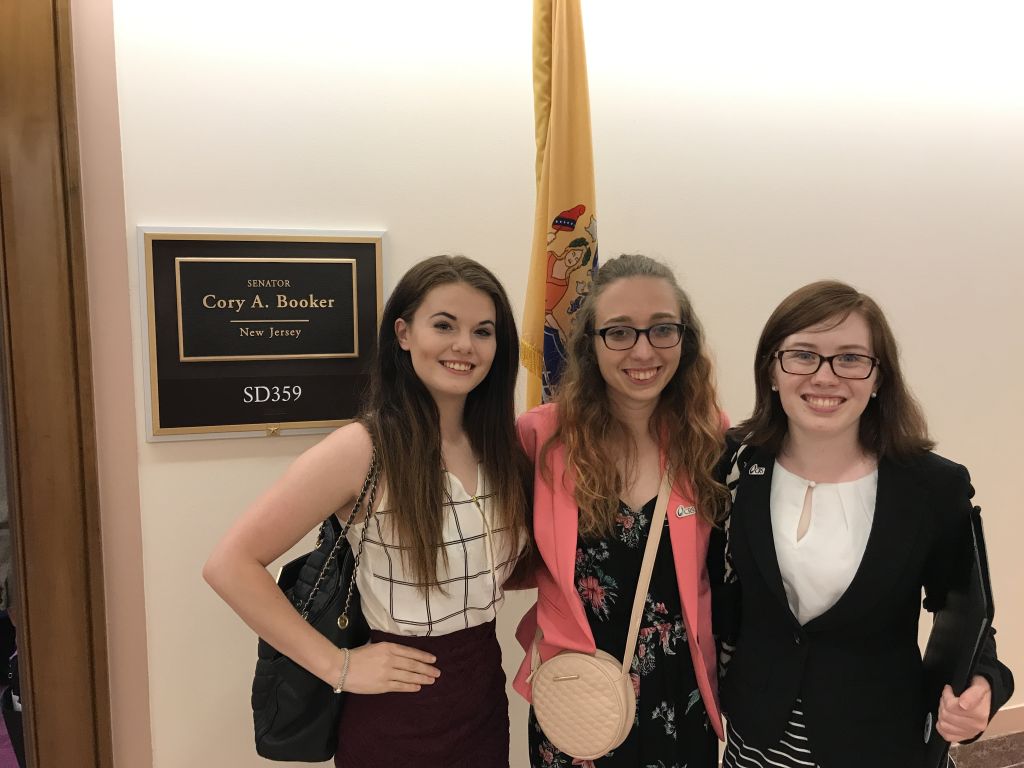When I was first presented with the idea of going to Guatemala for a week, my first reaction was “there is no way I am doing that.” It was something completely new and I was sort of afraid. I had never been to South America, I had never been outside of the country except for vacation, I had never been out of the country for that long without my parents and I wasn’t sure I could do it. I for two years I came up with all kinds of excuses but eventually they ran out and I pretty much forced myself to take the class and go on the trip. I was the best decision I’ve ever made.
I’ve been studying issues surrounding migrants from the Northern Triangle since I was a freshman. I’ve studied about the conditions that they experience in their home countries and the push factors that force them to leave and this was my chance to see them first hand. It’s one thing to read about it or to see pictures and it’s another to actually talk to people there and see them in person.
I knew a lot about the issue of immigration but not too much about the culture of Guatemala and I was so grateful that learned about it before I went down there. Knowing the history and how that played into the current culture made me feel so much more prepared. I felt like I could connect with the people more because I was familiar with their way of life.

As much as we learned in class, nothing could have prepared me for what we actually experienced in Guatemala. I think back on my original hesitancy, and I realized that just learning about it from here in the United States would have never been enough. There is nothing that can replace actually traveling there, meeting people and being able to make those connections.
I’d learned about climate change and how it’s affecting crops, but there, I was actually able to see La Roya on the plant and speak with the people whose lives it was affecting.
I’d learned about women’s issues and human trafficking but we were actually able to sit down and talk with Guicha and hear her first-hand experience of being a woman in Guatemala. Actually being there solidified things that were just thoughts or concepts in my head into real problems facing real people.
Then coming back, I was so wound up and so fired up to do something to fix the injustices that I had seen there. I had been in that position before, I would come back from a conference or a retreat fired up and ready change my life or change the world and then I would hit the “real world.” We used to call it the “retreat bubble.” You lived in that bubble for the length of the experience and once you left, the bubble popped and you slowly lost that fire and passion until you pretty much were back to the way you were before you left. That didn’t happen with this class.
With this trip I didn’t even feel like there was a bubble, everything that we were doing was in the real world and affected real people. So then when we came back it was “so what do we do now” the question was how do we take what we’ve seen and learned and enact change.
Going to lobby Congress was our way of keeping that momentum after the trip. We came back after the trip and jumped right into preparing for lobbying. That kept the fire and the passion there and it was able to be transferred into what we were going to tell out Senators.

I also thought that having personal stories and experiences made our visits so much more effective. I’d been lobbying twice before and they both were great experiences but they didn’t feel as impactful. I felt like the aides were so much more responsive because we had a personal story and we could give them a name or a face to go with the issues that we were lobbying on.
I don’t like to think about how close I was to not taking this class and going on this trip because I know that this experience will stay with me for the rest of my life. I feel like it helped me to grow as a person, it helped to think more complexly about all of these issues. It helped me to expand my view and make my think more globally than I did before. I know that the people of San Lucas will stay in my heart for the rest of my life.


